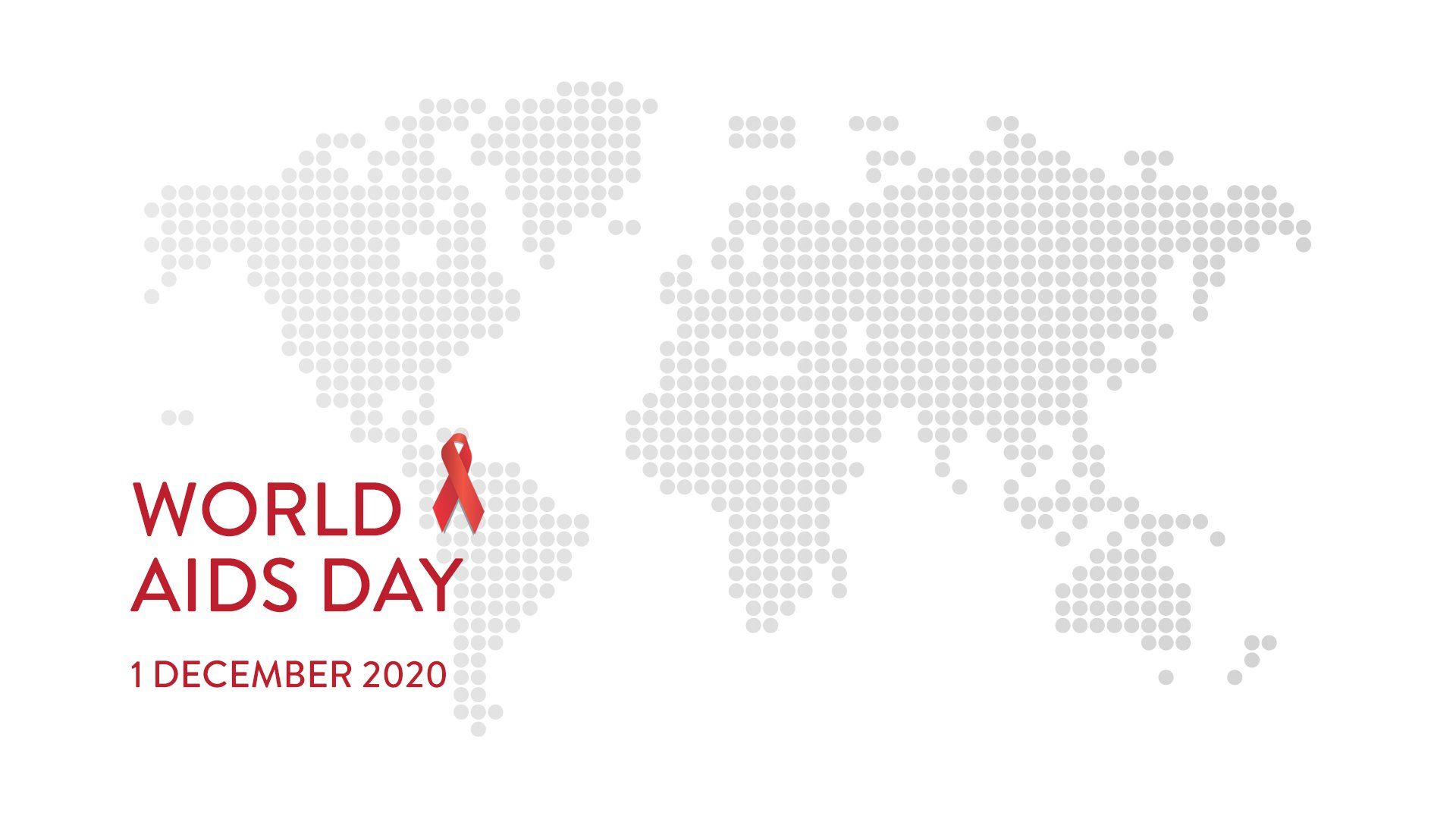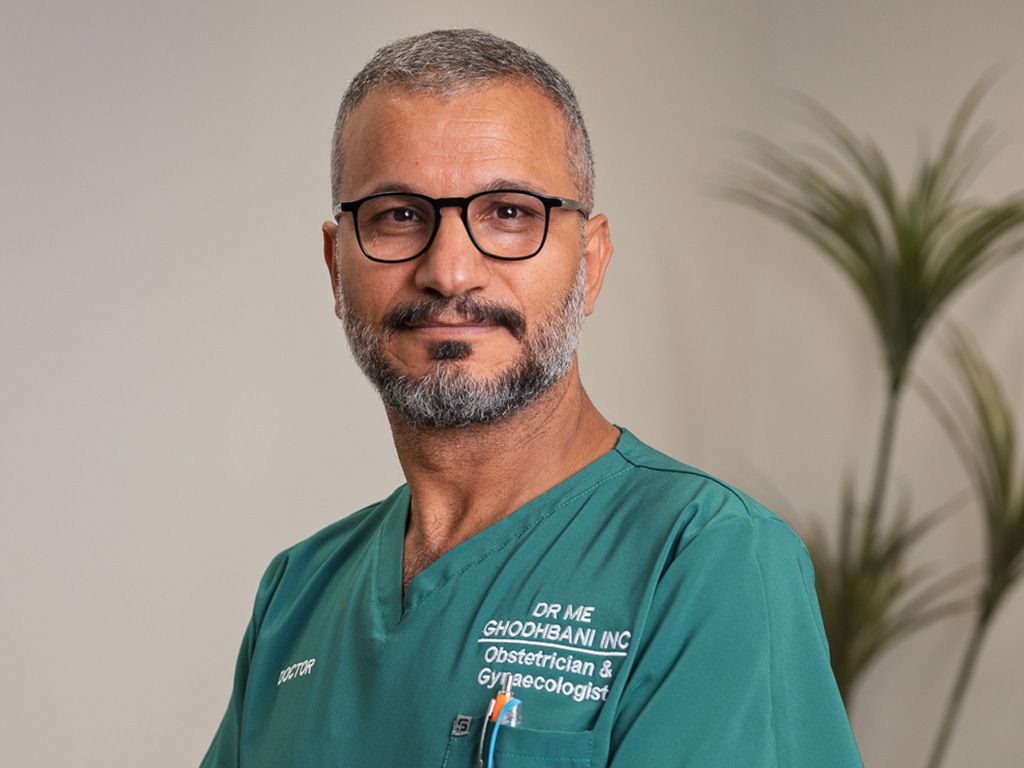Early detection and treatment of HIV saves lives
December 1, 2020
HIV now a ‘highly manageable’ condition
Get tested for HIV and if you test positive, commence treatment immediately. This was the call to action made by two HIV/Aids experts to South Africans on World Aids Day on 1 December.
Dr Kim Pieton, a consultant of infectious diseases and physician in private practice at Netcare Rosebank Hospital, and Dr Kairoonisha “Kay” Mahomed, a Human Immunodeficiency Virus (HIV) clinician, who runs the HIV clinic at Netcare Garden City Hospital, both agree that the best way to combat HIV/Aids is for people to know their status and, if they test positive, to immediately start appropriate anti-retroviral (ARV) treatment.
“Ten years ago, our approach to the disease was that only those HIV positive individuals who had a low CD4 count, that is a weak immune system, would be treated with anti-retroviral [ARV] medicines,” says Dr Pieton. “This has subsequently changed, and now studies have shown that treatment achieves the best results when it is commenced immediately once HIV has been detected, no matter what the individual’s CD4 count is.”
“This approach, together with new ARV medicines, have revolutionised the treatment and management of HIV/Aids and is achieving excellent results. Individuals who are treated early on, while their CD4 count is high, and with ARVs that are appropriate for them, can today live completely normal and healthy lives. Those who test positive for HIV should therefore not live in dread of the future as they can now be assisted in living a full, productive life.”
Dr Mahomed agrees with this, noting that HIV has become a highly manageable and treatable chronic condition, so much so that most people with the infection who are being treated can live as long as persons who are HIV-negative.
“Early detection and treatment afford the best results and outcomes. Treatment today seeks to ensure that we suppress the individual’s viral load to levels that are undetectable by an HIV test. This enables those with the condition and who strictly take their daily medicine to live a normal life. In fact, it is positively life-changing for the great majority of those with HIV/Aids,” adds Dr Mahomed.
“Unfortunately, there is still a great deal of fear and social stigma about the condition, and as a result many people continue to avoid getting themselves tested. Our message to South Africans on World Aids Day therefore is to know your status and, if you do test positive, to discuss treatment options with your doctor soonest and not to postpone seeking treatment.”
According to Dr Mahomed, highly effective new antiretroviral drugs, which can be taken as a single dose in the morning and have few side effects for most people, have been introduced in recent years. These new ARVs are not only easy for most people to tolerate but are highly effective in maintaining a strong immune system. This was not always the case with a number of the older generation of HIV drugs.
Dr Mahomed adds that in a substantial new HIV treatment initiative the HIV clinic at Netcare Garden City Hospital in Johannesburg will be providing the people of the region with a free year-long HIV treatment programme as from January 2020. The programme includes HIV testing and counselling, consultation, blood work and, if necessary, treatment with the latest generation of ARVs.
Dr Pieton says that according to the UNAIDS 2020 report, which is based on 2019 data, some 7.5 million people are infected with HIV in South Africa, making it the largest HIV epidemic in the world. There were 200 000 new infections in 2019, most occurring within the 15 to 49 age group, and an estimated 72 000 Aids-related deaths last year.
“These figures underscore the fact that HIV remains a significant disease with a tremendous burden in our country as the stigma around HIV still prevents many people from seeking the necessary assistance.
“We therefore need to improve awareness of the condition and use the opportunity of days such as World Aids Day to encourage better understanding and to change attitudes and behaviour. There is nothing to be ashamed about if one is HIV positive, and if we can create the circumstances in which people can be more open about their status and talk about the condition, we can save a lot of lives.”
“If the families of HIV positive individuals are aware of the fact that their loved one is infected, they can provide them with appropriate support, and measures can be introduced to prevent the condition from spreading within our communities. South Africans should therefore be made aware that we now have the means to effectively manage this condition.”
Dr Mahomed warns however, that HIV-positive individuals who are not receiving treatment, or who have stopped taking their antiretroviral medicines, are at much greater risk of their HIV viral load increasing uncontrollably, their immune systems collapsing and of developing other Aids-related opportunistic infections, such as tuberculosis (TB). Those with a weakened immune system are also likely to develop more severe health consequences if they contract COVID-19.
Charien van den Berg, Netcare’s Lead for occupational health and safety, says that at the heart of Netcare’s purpose is to provide person centred health and care, applicable not only to the patients the Group cares for, but also to its employees.
“Netcare’s occupational health and safety management system and objectives are aligned with our Quality Management system’s Quadruple Aim. Our health and safety objectives include prevention of work-related injuries and ill health; provision of safe and healthy workplaces and elimination or mitigation of occupational risks in the workplace, as far as reasonably practicable,” says Van den Berg.
In the healthcare setting, exposure to blood and bodily fluid is an inherent risk, with the subsequent possibility of contracting HIV, hepatitis B or other blood-borne diseases.
“Preventing exposure to blood and body fluids is therefore the most important strategy for preventing occupationally-acquired HIV. This is achieved through adherence to Netcare’s infection prevention precautions, safe work procedures and use of personal protective clothing and equipment.
“If accidental exposure occurs, our employees and other healthcare practitioners are immediately given post-exposure prophylaxis (PEP) to significantly reduce their risk of contracting HIV. If PEP is indicated, it should ideally be initiated within one hour and not later than 72 hours after the exposure. We provide thorough and confidential, pre-test counselling before HIV testing, with subsequent follow up, appropriate monitoring and counselling, as well as, referral if needed during such an emotional incident,” she concludes.













